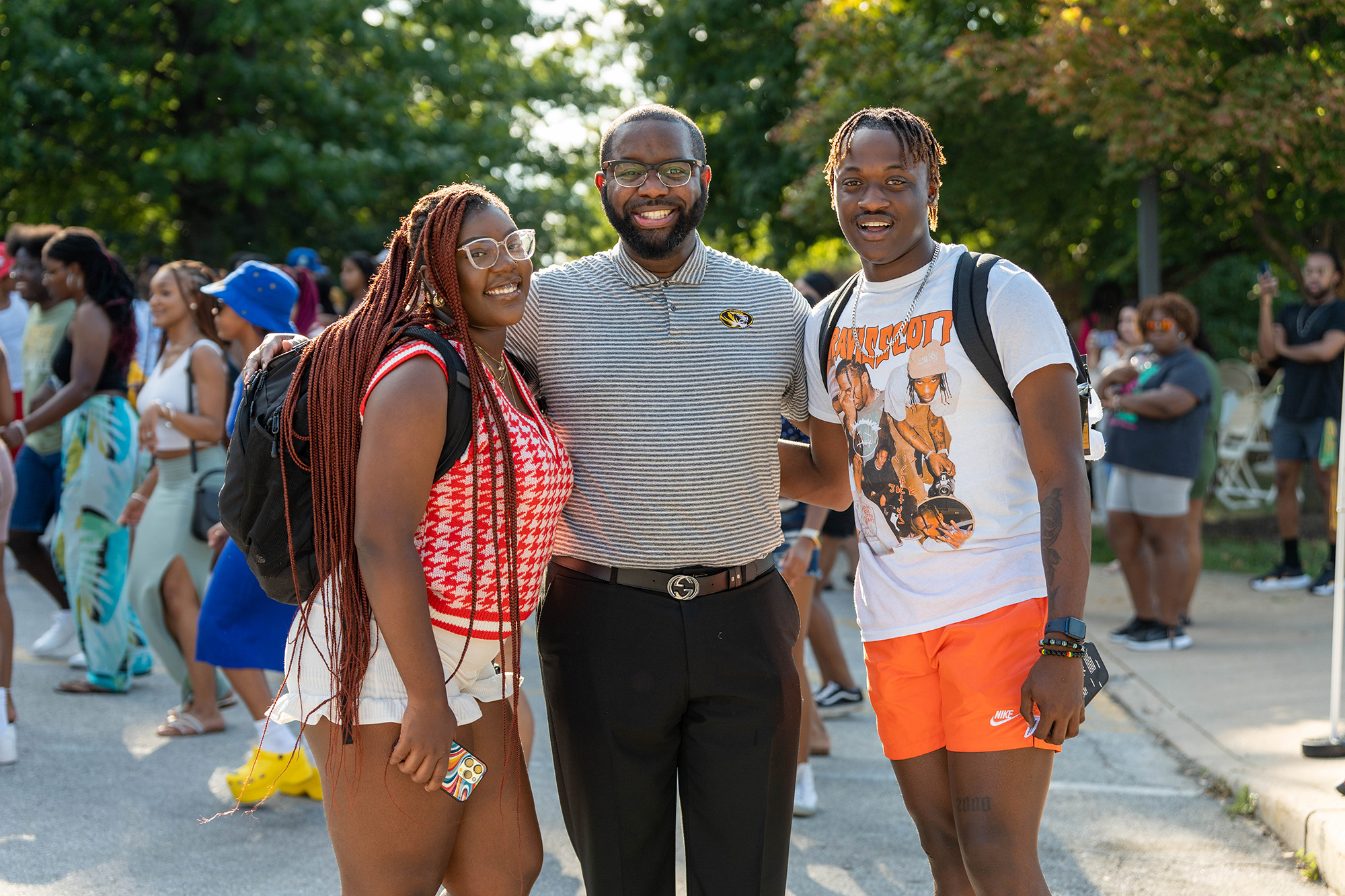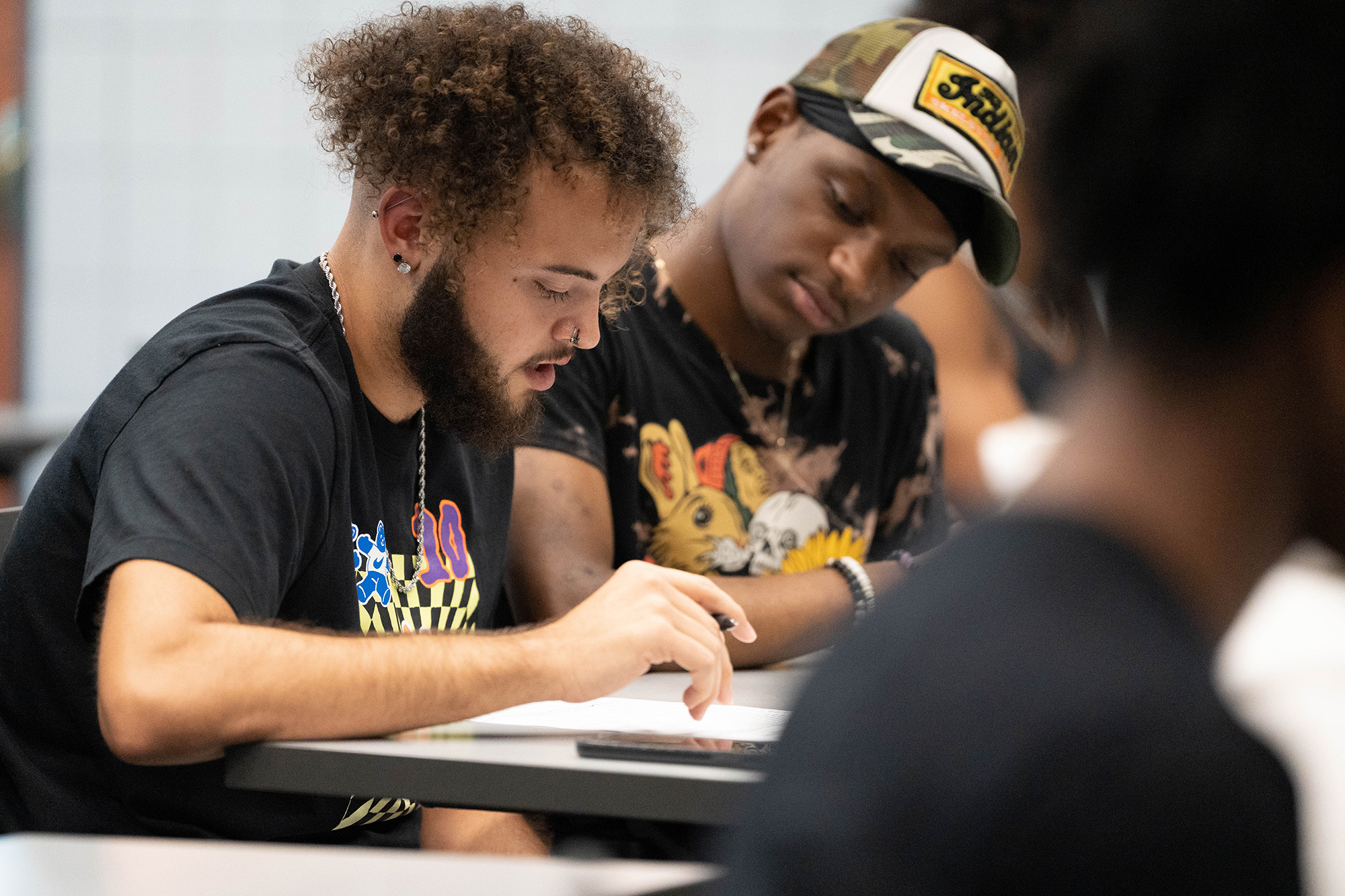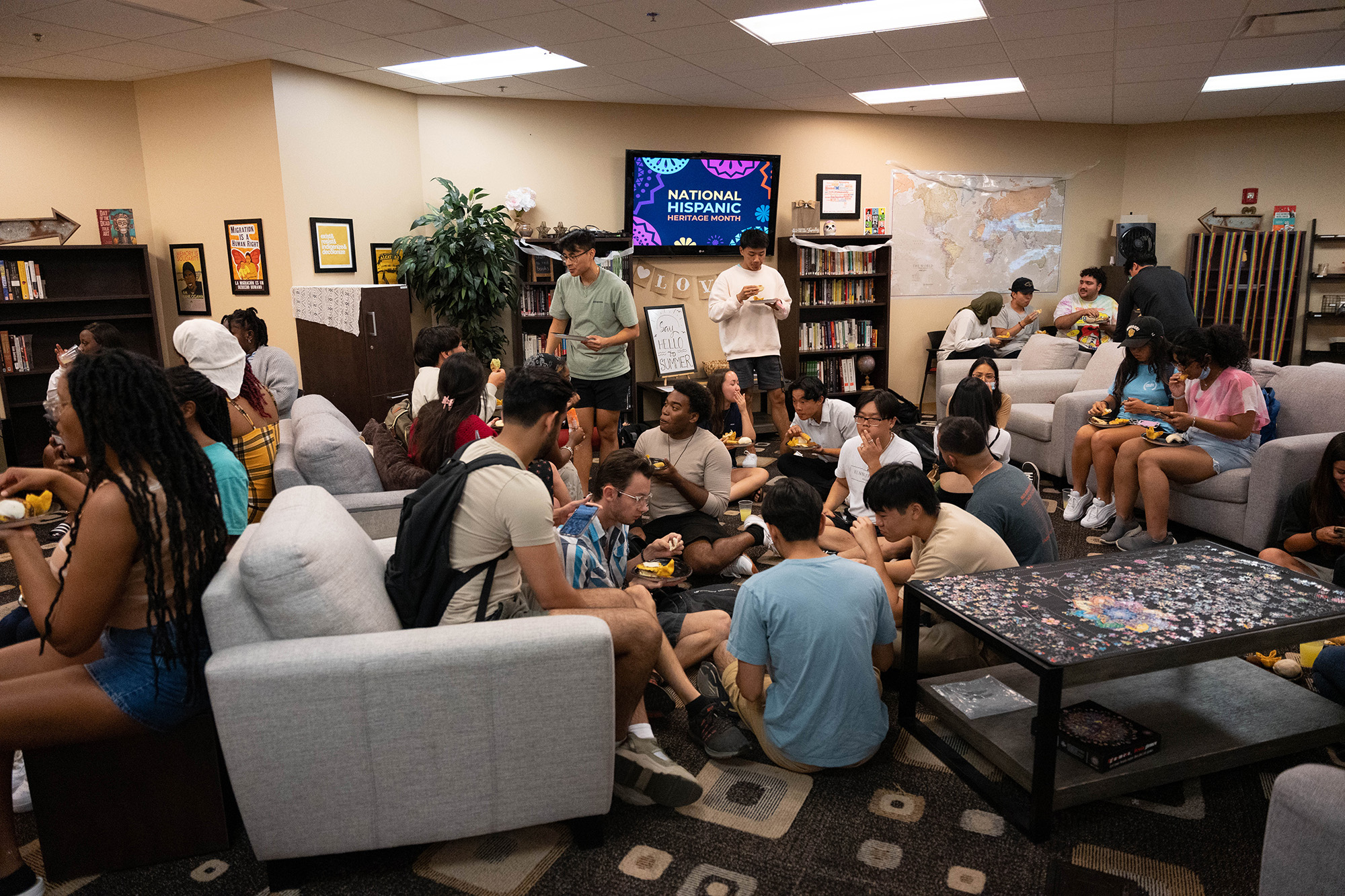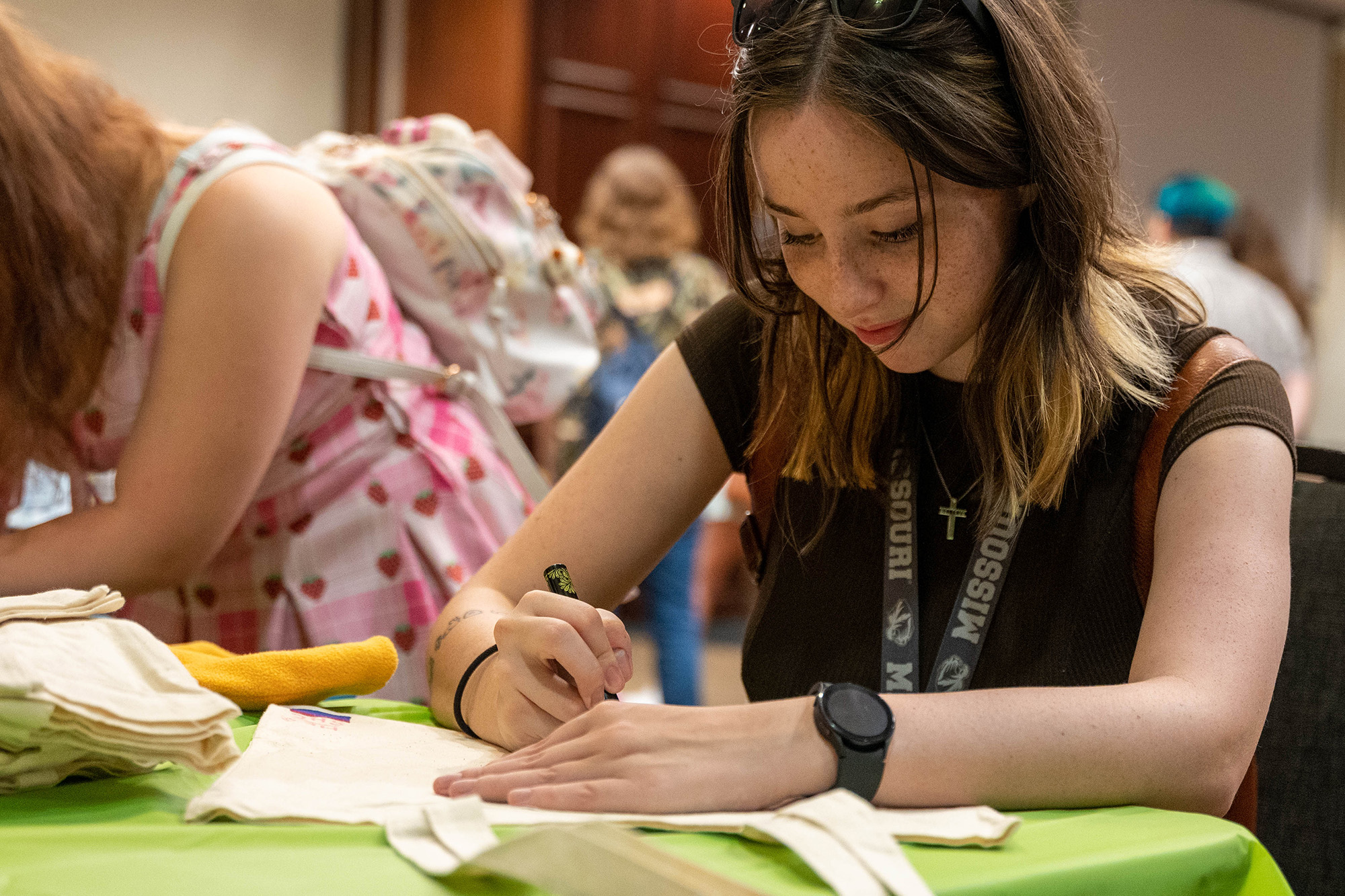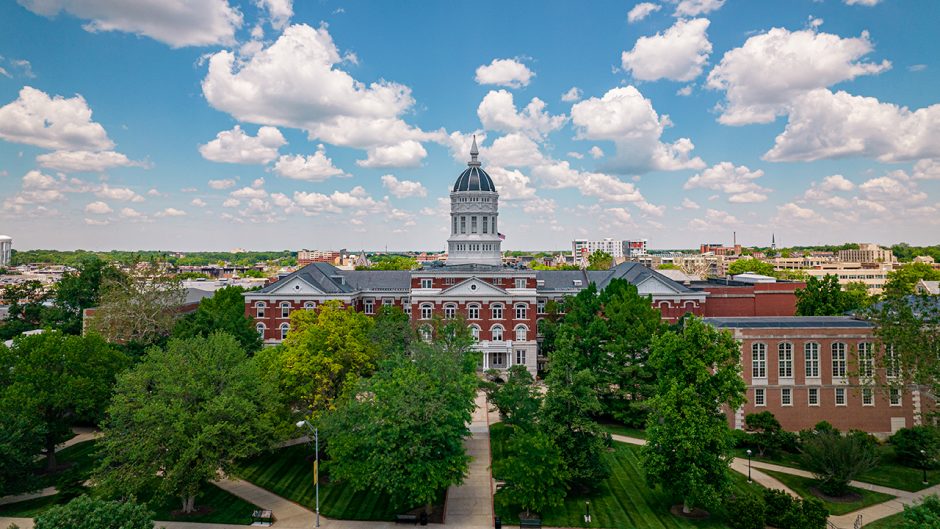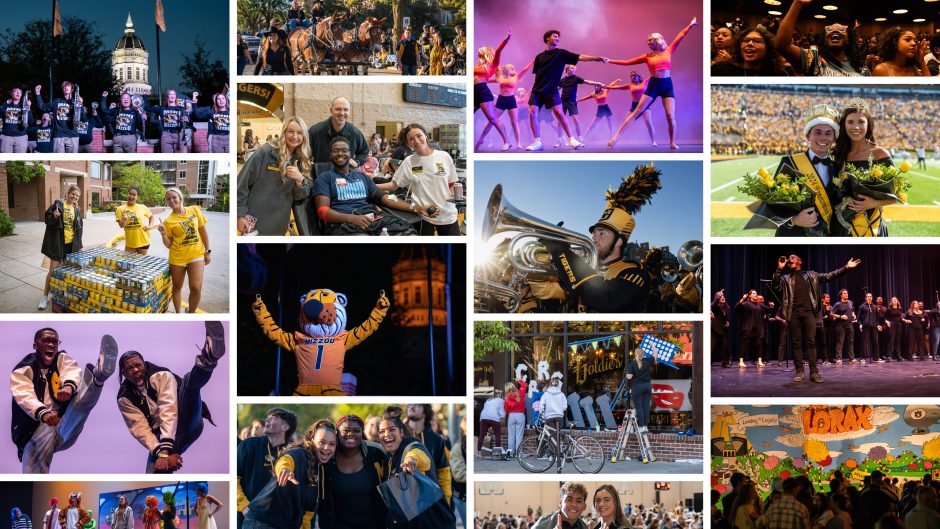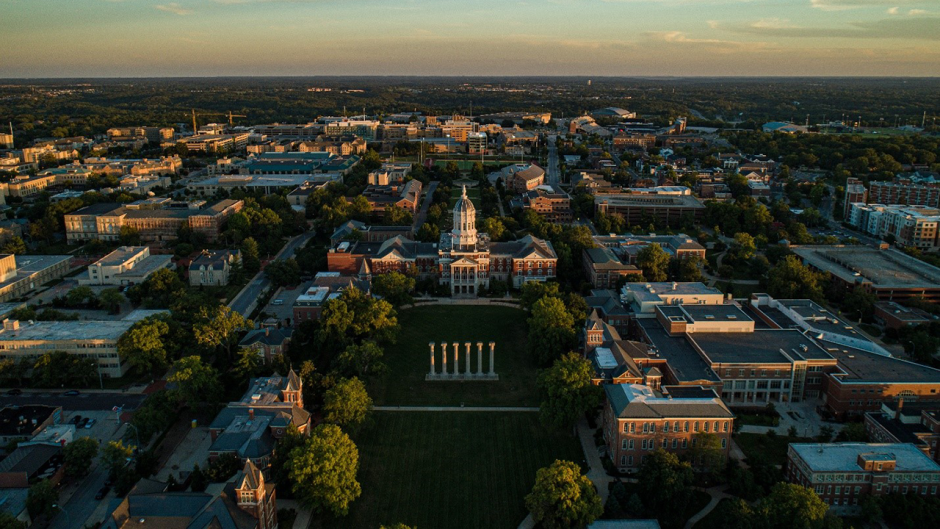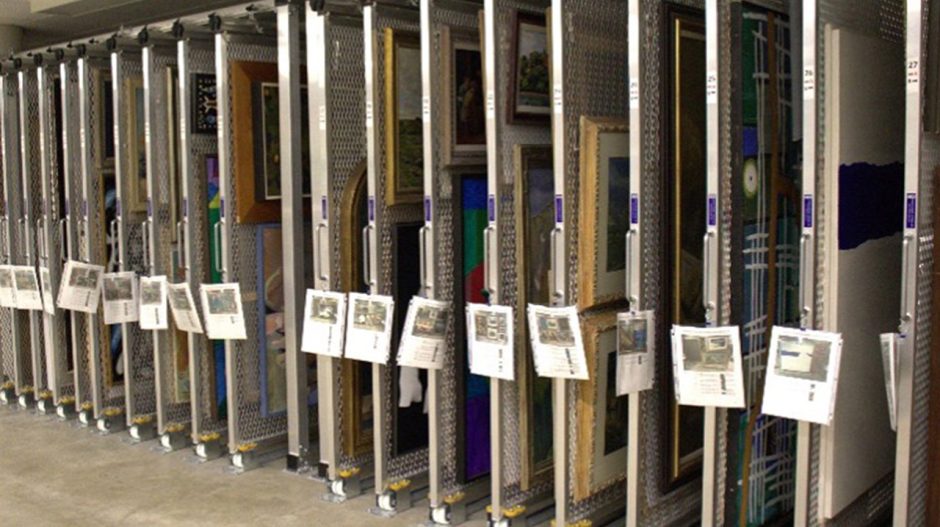Sept. 28, 2022
Contact: Marcus Wilkins, wilkinsm@missouri.edu
When Vice Chancellor Maurice Gipson arrived in 2020 at the University of Missouri, he had SEC-sized enthusiasm for his post from day one. Two years later, he still brims with optimism as he leads the Division of Inclusion, Diversity and Equity (IDE) — and Mizzou — into an exciting new era that can only be described one way.
“Big time,” Gipson said. “It’s a big-time opportunity to be here, immersed in the greatness of Mizzou, and to be able to help us achieve our goals as they relate to inclusivity, diversity and equity.”
Read on for a Q&A where Gipson outlines the state of the division, its latest achievements and what’s in store.
Give us a general overview of the state of IDE, and what you’re most excited about.
If I had to sum up our division, I would say it is a great work in progress. We just completed a hiring phase and welcomed eight people to the team who will infuse some freshness and new ideas.
We’ve solidified our student success coaching model, which will be one of the first of its kind in the country, and we’re embedding student success in all of the work that we do. I’m excited that all Mizzou students — regardless of background, where they come from or how they enter the university — are going to have the same type of persistence and success rates.
I’m also excited about our renewed focus on faculty recruitment. In addition to MizzouForward and NextGen Precision Health, the Faculty Inclusive Excellence Fund provides incentive funding for colleges and departments to actively recruit a diverse pool of tenured and tenure-track faculty.
How do you define student success?
In a practical way, student success means keeping our commitment to those we have admitted to the University of Missouri. That means we’re doing everything we can to make sure that students graduate, and graduate with the least amount of debt and in the requisite amount of time. It means we are making good on our promise.
It also means that when students are advised, they’re advised appropriately, and that they're getting the full scope of their degree plan. It means that if students have any distress signal — if they’re missing class or if their grades are slipping, etc. — we intervene early.
We are proverbially wrapping our arms around students, but almost in a literal sense, we are providing wraparound services to make sure that students can be successful, and they hit those milestones to graduate.
What are the most important things you want students, staff and faculty to know about IDE?
This division is here for you. And notice that I didn’t qualify “you.” IDE is here for every stakeholder on campus. Oftentimes, we reduce the capacity of a division such as ours to suggest service only to stakeholders who may identify in certain ways. That couldn’t be further from the case. While we certainly provide specific initiatives and outreach to certain populations, our work here is for everybody. We are going to make sure that if you’re not accustomed to talking to people from a different background, that we provide you that type of support.
Secondly, I want people to take advantage of all the things that we have to offer: the Signature Lecture Series, fun and engaging events like MU Celebrates Martin Luther King, Jr. and Cambio de Colores Conference.
We are also home to three employee resource groups — MIZ-OUT, the Black Faculty and Staff Organization and MU Voz Latina.
How is IDE encouraging collaboration across academic units and divisions?
When I arrived in 2020, I spent six months on a listening tour. One of the recurring themes from those meetings was “We don’t know what’s going on related to diversity in any place other than IDE.” So, how are different academic units addressing IDE topics across campus?
The Mizzou Diversity Network is a new collaborative effort that will strengthen our inclusion, diversity and equity work across campus. Comprised of leaders from every area of the university, the network works to address campus challenges and propose solutions. One of the best moments at the first meeting was when an individual was talking about a challenge and another person said, “Oh, we tried that a couple of years ago. How about this?”
IDE welcomes the Cambio Center — an organization that facilitates research on and outreach to Latinos/Latinas and changing communities — into the fold this academic year. What excites you about this development?
As Cambio made the decision to move into IDE, it was strategically advantageous for a variety of reasons. First is that Cambio was situated in a college, so it didn’t have the broad exposure that a division has. Now it has access to the five other IDE centers (the Women’s Center, Multicultural Center, Gaines/Oldham Black Culture Center, LGBTQ Resource Center, and the Relationship and Violence Prevention Center) focused on similar subject matter and work, and now they’ll be able to leverage what these centers are doing and use some of those best practices. We’ll be able to provide Cambio the resources to really expand.
Another factor is that Cambio Center has done an excellent job of embedding research in their everyday work, which has not been one of the strengths of the other centers that we currently have in IDE. Cambio is going to be able to show these other centers how to leverage research, helping us to be a better leader in this space.
Read the latest about the Division of Inclusion, Diversity and Equity.

